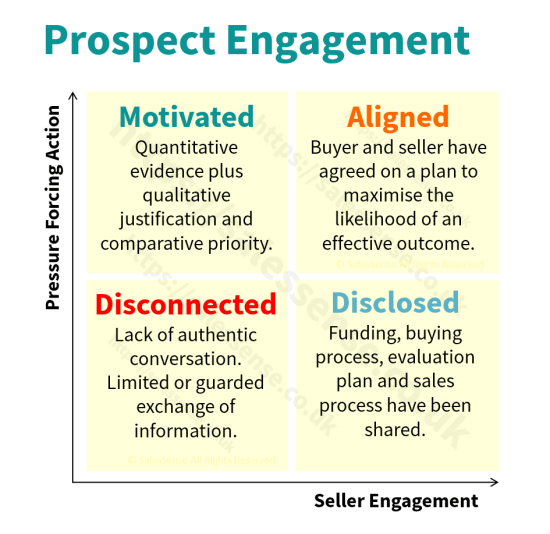Navigating the Digital Shift: The Pros and Cons of Salesforce Automation
Following my interview for the Selling with Love podcast, I decided to explore relevant research on the efficacy of salesforce automation and then employed our AI resources to present the pros and cons of what emerged:
In the ever-evolving landscape of business technology, Salesforce Automation (SFA) has emerged as a pivotal tool for modern sales operations. By automating key sales tasks and processes, SFA promises enhanced efficiency and productivity. However, like any technological advancement, it comes with its own set of challenges and considerations.
Pros of Salesforce Automation
Increased Efficiency and Productivity: SFA tools streamline sales processes, reducing manual effort and time spent on administrative tasks. This allows sales teams to focus more on selling and less on paperwork, significantly boosting productivity.
Improved Data Management and Accessibility: SFA systems provide centralized data storage, making it easier for sales teams to access and manage customer information. This leads to better organization and quicker access to critical data.
Enhanced Analytical Insights and Forecasting: With advanced analytics, SFA tools offer valuable insights into sales trends and customer behaviour. This data-driven approach aids in accurate forecasting and strategic decision-making.
Consistency in Sales Processes: Automation ensures that all sales activities are performed consistently and in line with the company’s standards, leading to a more uniform and professional sales approach.
Better Customer Relationship Management: SFA tools often include features that help in tracking customer interactions and preferences, enabling personalized and effective customer engagement.

Cons of Salesforce Automation
High Initial Costs and Maintenance: Implementing an SFA system can be expensive, considering the costs of software, hardware, and training. Ongoing maintenance and updates also add to the expense.
Technological Challenges and Adaptation: The introduction of SFA can be met with resistance from sales staff, especially those not technologically adept. Training and adaptation become crucial, which can be time-consuming and challenging.
Risk of Over-Reliance on Technology: There's a danger of becoming too dependent on automation, potentially leading to a decline in personal touch and relationship-building efforts in sales.
Data Security Concerns: With critical sales data being stored digitally, there's an increased risk of data breaches and security threats.
Potential for Technostress: The pressure to continuously adapt to new technologies can lead to technostress among sales personnel, affecting their performance and well-being.
Various studies have highlighted the impact of SFA on sales performance. For instance, research indicates that SFA can lead to a significant increase in sales productivity, with some companies reporting up to a 30% increase in efficiency. However, other studies caution about the high failure rate of SFA implementations, often due to poor adoption and integration into existing sales processes.
Conclusion
Salesforce Automation presents a mixed bag of opportunities and challenges. While it undoubtedly offers the potential for streamlined operations and enhanced sales performance, businesses must navigate the hurdles of cost, technological adaptation, and the human element in sales. The key lies in striking a balance between leveraging technology and maintaining the human touch that is at the heart of successful sales interactions.
If you are considering implementing salesforce automation, adopting a new system, or improving the effectiveness of an existing system, we can help. Telephone +44 (0)1392 851500 for more information for an informal discussion. Alternatively, send an email to clive@salessense.co.uk or use the contact form here.













